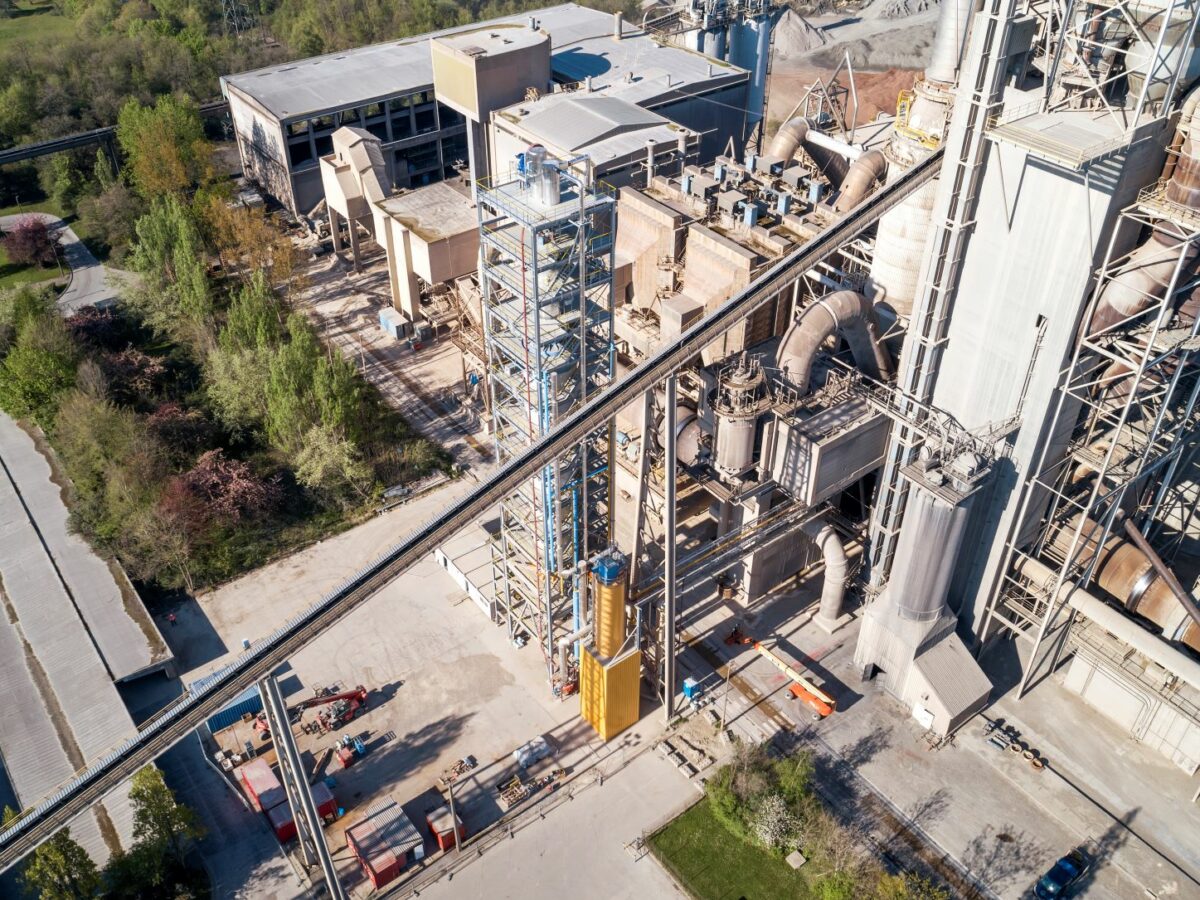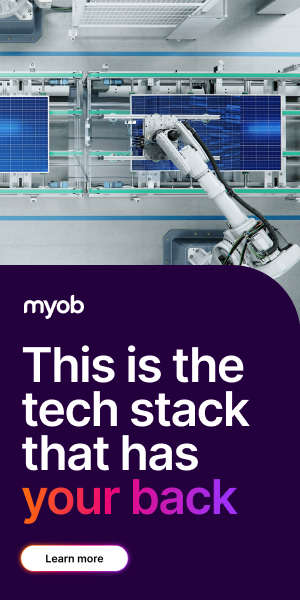Calix licenses low-emission cement tech to German giant

Cement and lime decarbonisation technology company, Leilac has announced it has signed a perpetual global licence agreement for the use of its decarbonisation technology with Heidelberg Materials, one of the world’s largest building materials companies.
The licence agreement applies to any Heidelberg Materials facility where Calix’s Leilac decarbonisation technology is installed – Heidelberg Materials operates 149 cement plants across five continents.
Leilac CEO Daniel Rennie described the agreement with Heidelberg Materials as a key milestone in the development and commercialisation of the Leilac technology.
Rennie said: “It forms the basis for the technology’s use throughout Heidelberg Materials, providing a model for the commercialisation of the technology at global scale.
“Together, Leilac and Heidelberg Materials continue to de-risk, prove and scale Leilac’s decarbonisation technology. The agreement is an important step in our journey towards providing cement and lime producers with access to a low cost carbon abatement solution, allowing them to take urgent action against climate change and protect their industries’ jobs and prosperity.”
The news comes as on Friday it was revealed Leilac’s parent company, Calix saw funding for its low-emissions tech evaporate after the Australian government dropped a number of programmes in its latest budget.
In May this year, Calix received an $11 million grant to develop technology with Adbri under the Carbon Capture, Use and Storage (CCUS) Hubs and Technologies Program, which would have been the world’s first commercial-scale process for the manufacture of low-emissions lime.
Calix said that building products group Boral has also advised it that $30 million in grant funding, from the same program, that supported a CCUS project using Calix’s cement and lime decarbonisation technology, has also been cancelled.
Meanwhile Calix’s Leilac technology, which involves combustion fueled by renewables outside, rather inside a traditional kiln, allowing the in process capture of CO2, continues to make progress internationally.
Heidelberg Materials Chairman Dr Dominik von Achten said: “Heidelberg Materials and Leilac have been successfully collaborating since 2014, further expanding our options to decarbonise the cement production process.
“Now we can implement this groundbreaking technology at a larger scale. Adding it to our portfolio of carbon capture technologies, we will be even better positioned to make custom-fit technology decisions at each site. The licence agreement enables us to scale up the Leilac technology at very good commercial terms and based on a trusted partnership.”
Leilac, a 93 percent owned Calix subsidiary with the remainder owned by Carbon Direct, is a collaborative technology partner enabling sustainable decarbonisation of cement and lime.
Leilac’s patented technology is being developed to deliver a highly efficient and low cost carbon capture solution, equipping producers to take action against climate change and protect their industries’ jobs and prosperity, according to Calix.
Leilac’s unique technology is being developed to efficiently separate and capture unavoidable CO2 process emissions in cement and lime production, with no additional chemicals or processes.
Leilac CEO Daniel Rennie said: “Scalable and low cost decarbonisation technology solutions for cement and lime are essential to ensuring a just transition to net zero that balances social, economic and environmental sustainability.
“Leilac’s technical approach, and the innovative commercial agreement that has been reached, paves the way for our continued and collaborative journey towards sustainable cement and lime.”
Further reading:
MANUFACTURER’S GRANT CANCELLED FOLLOWING BUDGET PROGRAM SLASHING
Picture: The operational Leilac-1 pilot plant at Heidelberg Materials facility in Lixhe, Belgium.
Topics Manufacturing News Technology
@aumanufacturing Sections
Analysis and Commentary Awards Defence Manufacturing News Podcast Technology Videos






